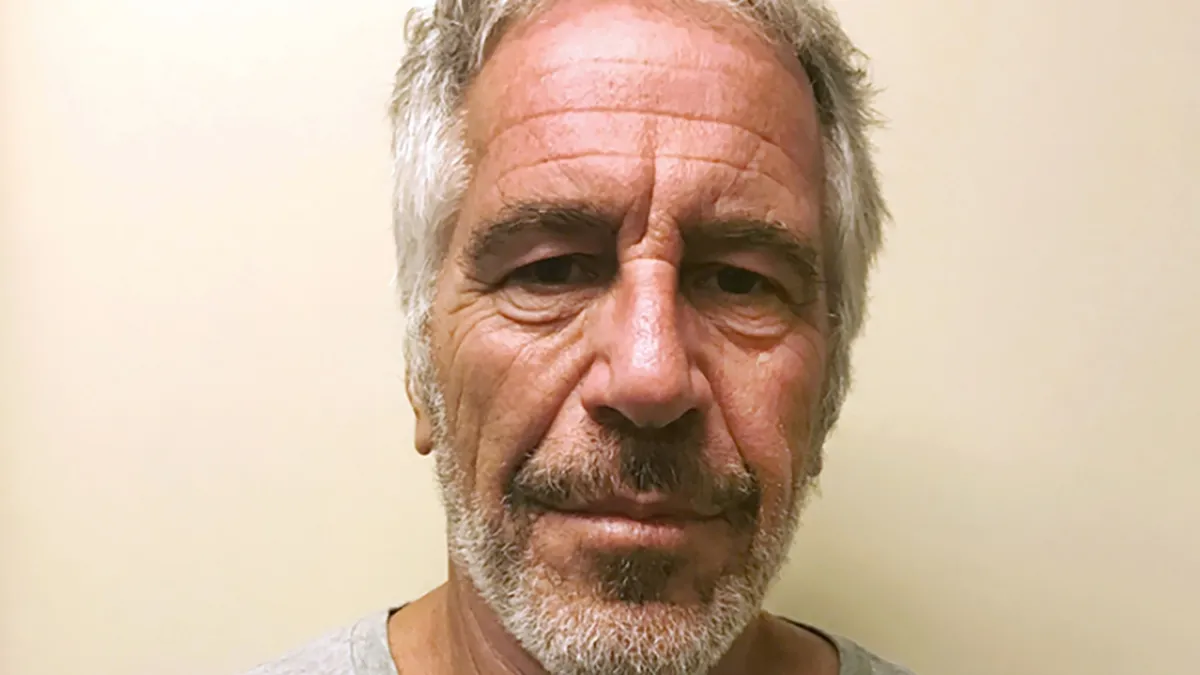
On Monday, a federal judge in Manhattan made a significant ruling by rejecting the Trump administration's request to unseal grand jury transcripts related to the investigation of convicted sex offender Jeffrey Epstein's close associate, Ghislaine Maxwell. This decision comes in the wake of the Justice Department's request to release these typically secret documents, citing a strong public interest in the case.
Last month, the Justice Department sought to unseal the grand jury transcripts, arguing that the public's interest warranted their release. This unusual move was part of the administration's effort to mitigate the backlash stemming from its handling of the Epstein files. However, on Monday, U.S. District Judge Paul Engelmayer determined that there were no compelling reasons to justify such a release in Maxwell's case.
Judge Engelmayer articulated that the premise of revealing the grand jury materials was flawed. He stated that the transcripts would not provide any meaningful new insights into the crimes committed by Epstein and Maxwell or the ongoing investigation. "There is no 'there' there," he wrote, emphasizing that the materials would not offer new information about Epstein or Maxwell's clients, their sources of wealth, or the circumstances surrounding Epstein's controversial death.
Jeffrey Epstein was found dead in a federal detention center in 2019 while awaiting trial on serious sex-trafficking charges. Official reports have described his death as a suicide, yet this conclusion has fueled numerous conspiracy theories regarding Epstein's extensive network of abuse involving underage girls and the actions of his associates. The Trump administration, including President Trump and FBI Director Kash Patel, had previously fanned the flames of these conspiracy theories, promising transparency regarding the Epstein case.
In July, a memo released by the Justice Department and the FBI aimed to dispel various conspiracy theories about Epstein, declaring that no further materials from the investigations would be made public. This announcement triggered public outrage, including criticism from Trump's MAGA base. To contain this fallout, President Trump, who had connections with Epstein, instructed Attorney General Pam Bondi to pursue the release of grand jury transcripts related to both Epstein and Maxwell.
The Justice Department subsequently approached three federal judges—two in Manhattan and one in Florida—requesting the unsealing of grand jury transcripts from the investigations into Epstein and Ghislaine Maxwell. The Florida judge, Robin Rosenberg, denied the request, citing 11th Circuit law, which prohibits the release of such records. In contrast, Judge Engelmayer, operating under the 2nd Circuit, noted that while there are circumstances under which grand jury materials can be made public, those conditions were not satisfied in this instance.
Even if the grand jury transcripts had been released, the expectations for significant revelations were notably low. The Department of Justice has previously indicated that only one FBI agent testified before the grand jury in the Epstein case. Similarly, in the case against Maxwell, the same FBI agent and a detective from the New York Police Department were the only witnesses.
Ghislaine Maxwell is currently serving a 20-year prison sentence for her role in facilitating Epstein's abuse of underage girls. In a recent development, late last month, Deputy Attorney General Todd Blanche, who previously served as Trump's personal attorney, conducted a closed-door interview with Maxwell to question her about Epstein and the broader implications of their actions.